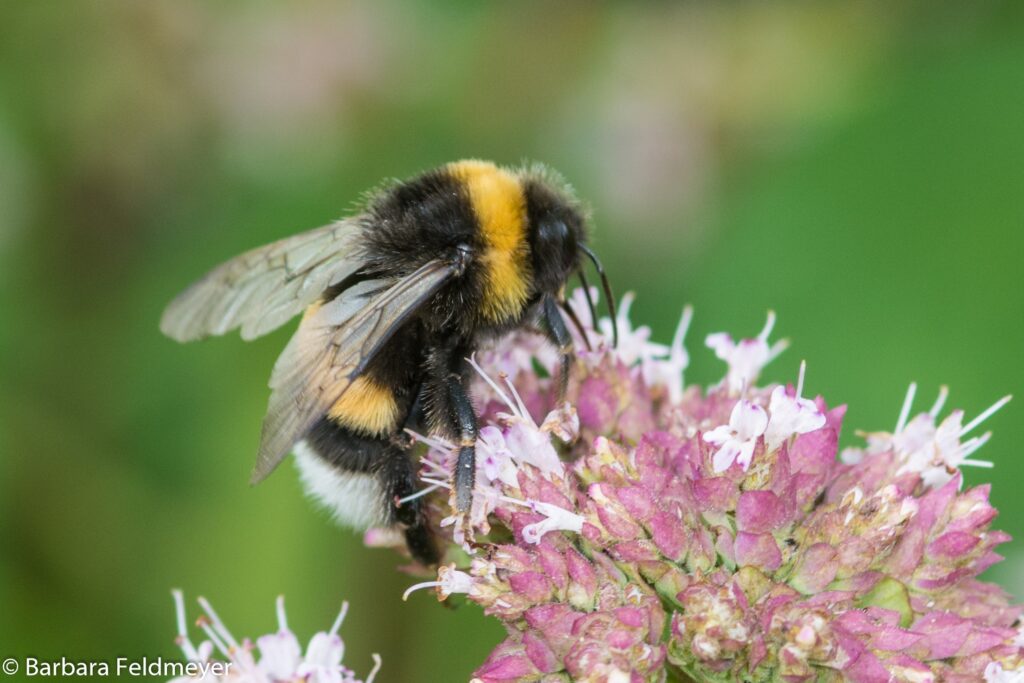
I still remember months of sleep deprivation after my children were born. In the evenings my husband would take care of them and I would go to bed at eight. Still, I would feel like a zombie in the morning, after waking up every few hours to feed my babies.
If you have children, you probably know what I’m talking about. If you don’t, maybe you will find out one day…
A recent study shows that bumblebees also sleep less when they have offspring to take care of, even though the young are not their own offspring, but siblings. The large earth bumblebee (the species in the study I’m discussing here) is a social insect. In the spring, the queen lays eggs that develop into workers that will take care of their mother and their younger brothers and sisters.
When workers were kept with their younger siblings – in the larvae or pupae stages – they slept much less than if they were kept with a similarly-sized piece of wax (used as a control – so that all the bees had something with them and potentially something to do). And while larvae need feeding, pupae do not. But even pupae need grooming and temperature control – and workers did that. When researchers removed pupae from their cocoon and gave the workers an empty cocoon, at first the workers slept as little as workers with live pupae, but with time they started sleeping as much as the control bees. Most likely pupae release substances that make workers give up sleep in order to tend for the young. When pupae case is empty substances slowly evaporate or degrade.
After the pupae were removed (effect of larval removal was not checked), workers started to sleep more. Where they catching up on sleep? Maybe partially, but researchers speculate that the presence of young modulates the long-term sleep needs of the nurses. That’s because even though workers slept longer after pupae was removed, they still slept less than workers that never had pupae to take care off. If they would be catching up on sleep, they should sleep more.
It’s as of yet not certain whether reduced sleep has just as negative an effect on bumblebees’ performance, cognition or even health as it does on humans. Perhaps like some migrating birds, bumblebees can perform well even under long-term sleep deprivation. If so, I’m jealous!
Polską wersję tego wpisu możesz znaleźć tutaj.
